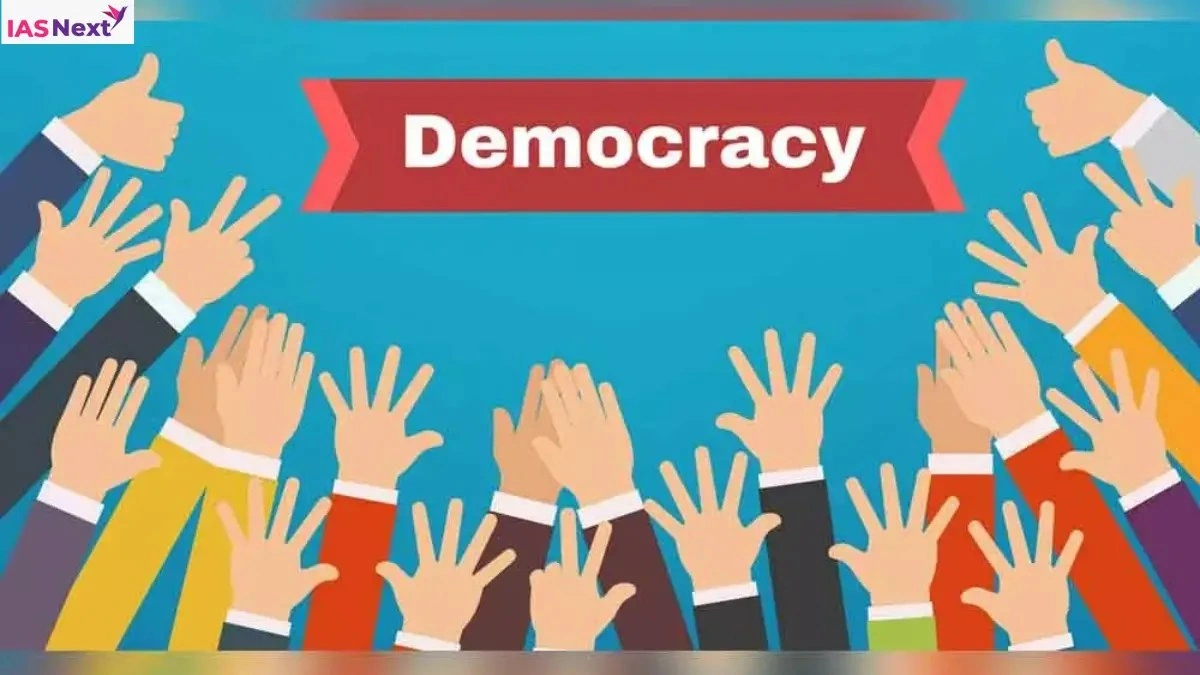Let’s be honest – when we hear the word ” democracy ,” images of voting booths and peaceful transitions of power probably come to mind. Maybe even a bit of that ‘shining city on a hill’ rhetoric. But, here’s the thing: is that really the full picture? I initially thought this was a straightforward concept, until I started digging into some of the less-talked-about aspects. It’s more complicated than it seems, and understanding the nuances is, well, kind of crucial.
The Illusion of Choice | How Much Control Do We Really Have?

One of the biggest assumptions we make about democracy is that it inherently translates to individual control. We vote, therefore we have a say, right? Well, maybe. Political scientists often point out the influence of money in politics, the role of lobbying, and the increasingly sophisticated methods of swaying public opinion. According to a study by Princeton University, the preferences of the average American have a near-zero impact on actual policy.That’s a pretty stark reality. It suggests that while we have the right to vote, the system might be rigged in a way that our individual voices get drowned out by wealthier, more organized interests.
And, but , and it’s not just about money. The media landscape, with its echo chambers and filter bubbles, also plays a huge role. We tend to consume information that confirms our existing beliefs, reinforcing our biases and making it harder to engage in constructive dialogue with those who hold different views. This can lead to political polarization, where compromise becomes nearly impossible and the very fabric of democratic society is strained. Which leads to the point, is this really what the founding fathers intended?
Tyranny of the Majority: When Democracy Hurts Minorities
Here’s a tough one: what happens when the will of the majority clashes with the rights of minority groups? Democracy , in its purest form, is about majority rule. But history is littered with examples of majorities oppressing minorities – from the Jim Crow South to the internment of Japanese Americans during World War II. The U.S. Constitution includes various protections for individual rights and minority interests. The Bill of Rights, for example, guarantees freedom of speech, religion, and assembly, protecting individuals from the potential tyranny of the majority.
However, and but protections are not always enough. Often, these protections are challenged, reinterpreted, or even ignored in times of crisis or political upheaval. So, is it necessary that our understanding of democracy must include a robust system of checks and balances, an independent judiciary, and a strong commitment to protecting the rights of all citizens, regardless of their background or beliefs?
The Role of Education | An Informed Citizenry or a Sheep-Like Following?
Democracy , as you know, is predicated on an informed citizenry. The idea is that voters make rational decisions based on a clear understanding of the issues. But let’s be real, how many of us really spend hours researching every candidate and every policy proposal? Most of us rely on sound bites, news headlines, and social media posts – often without verifying the accuracy of the information.
And, of course, there’s the rise of misinformation and disinformation, spread deliberately to confuse and mislead voters. In a world where anyone can publish anything online, it’s becoming increasingly difficult to separate fact from fiction. Which calls into question how the government, or society as a whole, is supposed to navigate through misinformation.
I think what fascinates me is that, but, if people are not well-informed, then they may be susceptible to manipulation by charismatic leaders or propaganda campaigns. This can undermine the very foundations of democracy , turning it into a popularity contest rather than a genuine expression of the will of the people.
Beyond Voting: Active Participation in a Healthy Democracy
Democracy shouldn’t be just about voting every few years. It should be about active participation in the political process. That means engaging in constructive dialogue, holding elected officials accountable, and advocating for policies that benefit the community as a whole. It also means staying informed, being critical of the information we consume, and challenging our own assumptions. We need a civil society . If we’re not careful, it becomes increasingly difficult for people to come together and voice their concerns.
A common mistake I see people make is thinking that politics is something that happens “out there,” in Washington or at the state capitol. Actually, it’s all around us. It’s about the decisions we make in our families, our workplaces, and our communities. It’s about how we treat each other, how we address injustice, and how we build a better future. Don’t let the politicians and pundits have all the fun.
FAQ: Democracy Demystified
What if I feel like my vote doesn’t matter?
Every vote contributes to the collective voice; local elections have a big impact.
How can I stay informed without getting overwhelmed?
Focus on a few trusted news sources and cross-check information.
What can I do to get more involved in my community?
Attend local meetings, volunteer, or join a community organization. You can even check who your senator is .
Is democracy perfect?
No, it’s a work in progress requiring constant effort and vigilance.
How do I know if news is fake?
Check the source, look for multiple reports, and be wary of sensational headlines.
So, here’s the real kicker: democracy isn’t a spectator sport. It’s a messy, complicated, and often frustrating process. But it’s also the best system we’ve got – imperfect as it may be. And the key to making it work is active participation, critical thinking, and a willingness to engage in constructive dialogue, even when it’s uncomfortable. Maybe, just maybe, then we can get closer to that ideal of a truly representative and responsive government.




